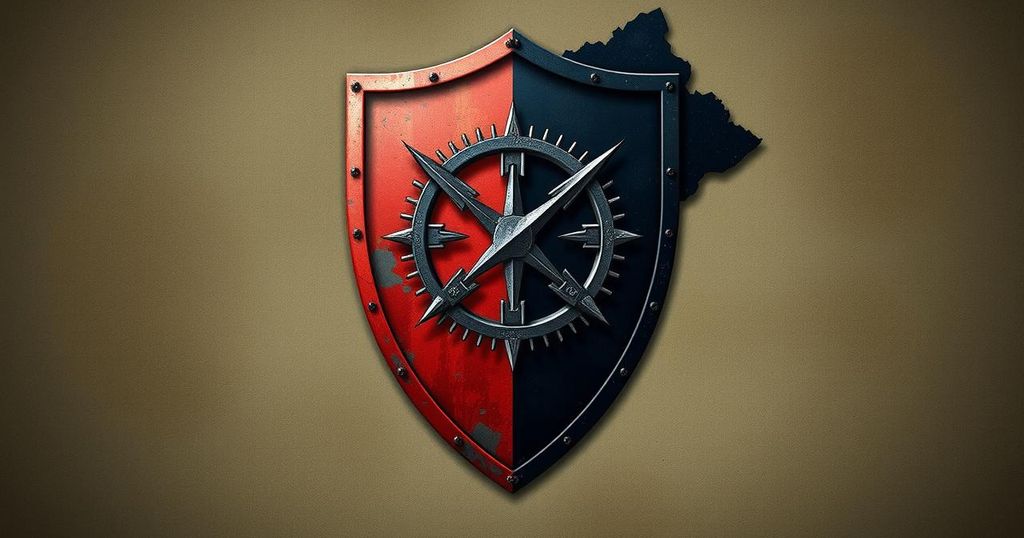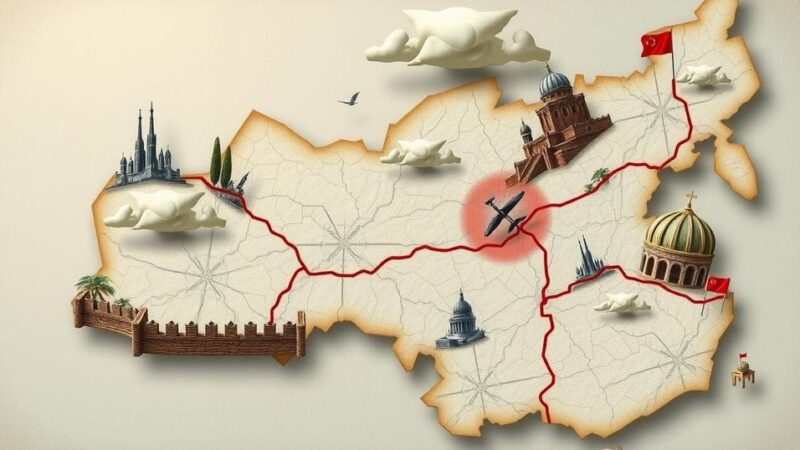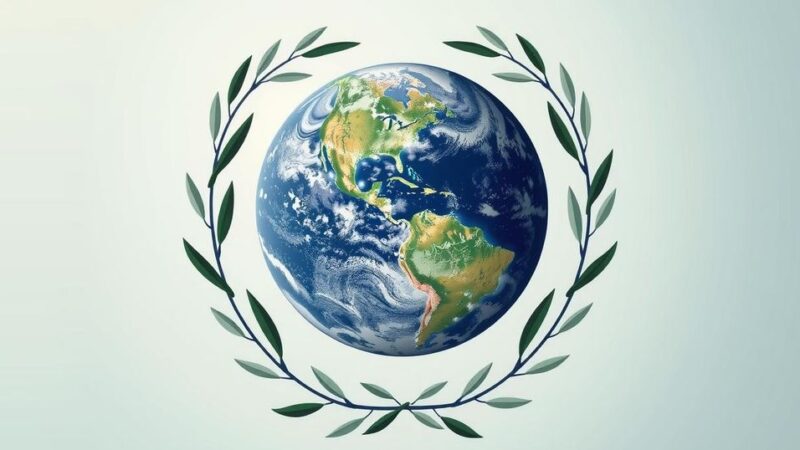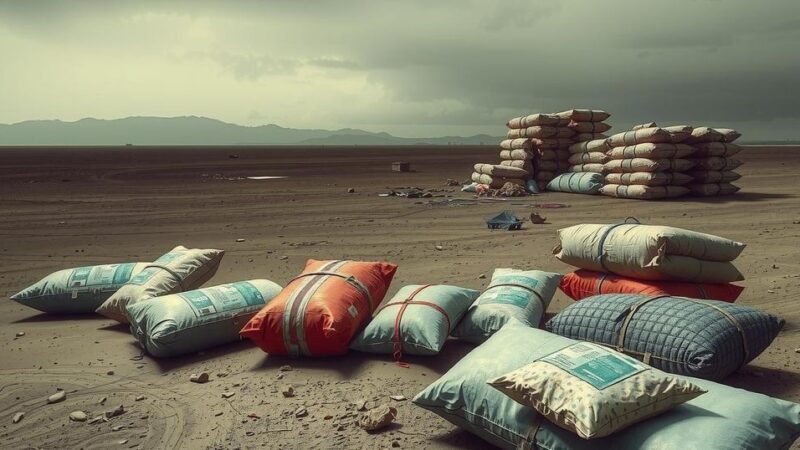Congo’s President Félix Tshisekedi has called for military enlistment against advancing Rwanda-backed M23 rebels, who have captured Goma and threaten South Kivu. The rebels’ presence, now bolstered by Rwandan troops, exacerbates the already complex conflict over mineral-rich territories. Neighboring nations press for dialogue amidst fears of regional instability and escalating violence.
GOMA, Congo (AP) — On January 29, 2025, President Félix Tshisekedi of the Democratic Republic of the Congo called for massive enlistment of young individuals into the military to combat the advancing Rwanda-backed M23 rebels. The rebels have recently seized control of significant portions of eastern Congo, including the vital city of Goma. Tshisekedi declared his intent to respond vigorously to this aggression while also advocating for a peaceful resolution. He stated, “Enlist massively in the army because you are the spearhead of our country.”
The conflict in eastern Congo is further complicated by the substantial involvement of Rwandan troops, estimated at 4,000—much higher than in previous years. The M23 group, among over 100 armed factions in the region, aims to exploit the area’s mineral-rich resources worth approximately $24 trillion. Witnesses reported that the rebels are pushing towards Bukavu, leading to widespread fear among local residents as they encroach further into South Kivu.
The external support for the M23 rebels has exacerbated the situation, with reports indicating that Congolese military forces have lost strength due to the withdrawal of foreign contractors. Concurrently, a summit convened by East African leaders urged Tshisekedi’s government to pursue dialogue with the M23 amidst rising tensions. Notably, Tshisekedi’s absence from the summit raised eyebrows, particularly as Rwanda reiterated its readiness to confront any opposing forces, including South Africa.
The regional implications are significant, as South African President Cyril Ramaphosa condemned the fighting and emphasized the need to support peacekeepers amid tensions with Rwanda. Rwandan President Paul Kagame retorted that South Africa’s actions could provoke further conflict. Analysts suggest that the underlying issues trace back to historical ethnic conflicts, driven by territorial and resource competition in the region, complicated by Rwanda’s interests and their claims of ethnic Tutsi protection in Congo.
The M23 rebels have signaled their intention to establish permanent control over eastern Congo and return displaced citizens to their homes. Experts indicate that, unlike in 2012, a potential withdrawal of these rebels may prove more challenging given the current dynamics and pervasive international neglect of the warning signs present. The ongoing failed mediation efforts by African powers signify a critical juncture in the region’s stability.
The Democratic Republic of the Congo has been embroiled in ongoing conflicts involving numerous armed groups, notably the M23 rebels backed by Rwanda. The M23 group is engaged in attempts to control resource-rich areas of eastern Congo, where mineral deposits are valued highly on the global market. The region’s instability has led to humanitarian crises and massive displacements. Ethnic tensions rooted in historical grievances, especially following the Rwandan genocide, continue to fuel the conflict. Recent developments have heightened fears of broader regional conflict, involving multiple African nations. The military situation is exacerbated by the involvement of foreign nations and the intertwined interests of various militias, alongside the regional dynamics shaped by Rwanda’s alleged incursions into Congolese territory. The call for military mobilization by Congo’s leadership reflects the increasing urgency to respond to external threats and internal chaos.
The situation in eastern Congo remains precarious, with the M23 rebels consolidating their hold on territory amid calls for military mobilization by President Tshisekedi. The region’s deep-rooted ethnic tensions and international involvement complicate efforts for a peaceful resolution. Ongoing dialogues and ceasefire initiatives are critical to addressing the humanitarian crises and stabilizing the region. The conflict highlights the challenges posed by historical grievances and competition for valuable resources, necessitating concerted international attention and diplomatic efforts.
Original Source: apnews.com







